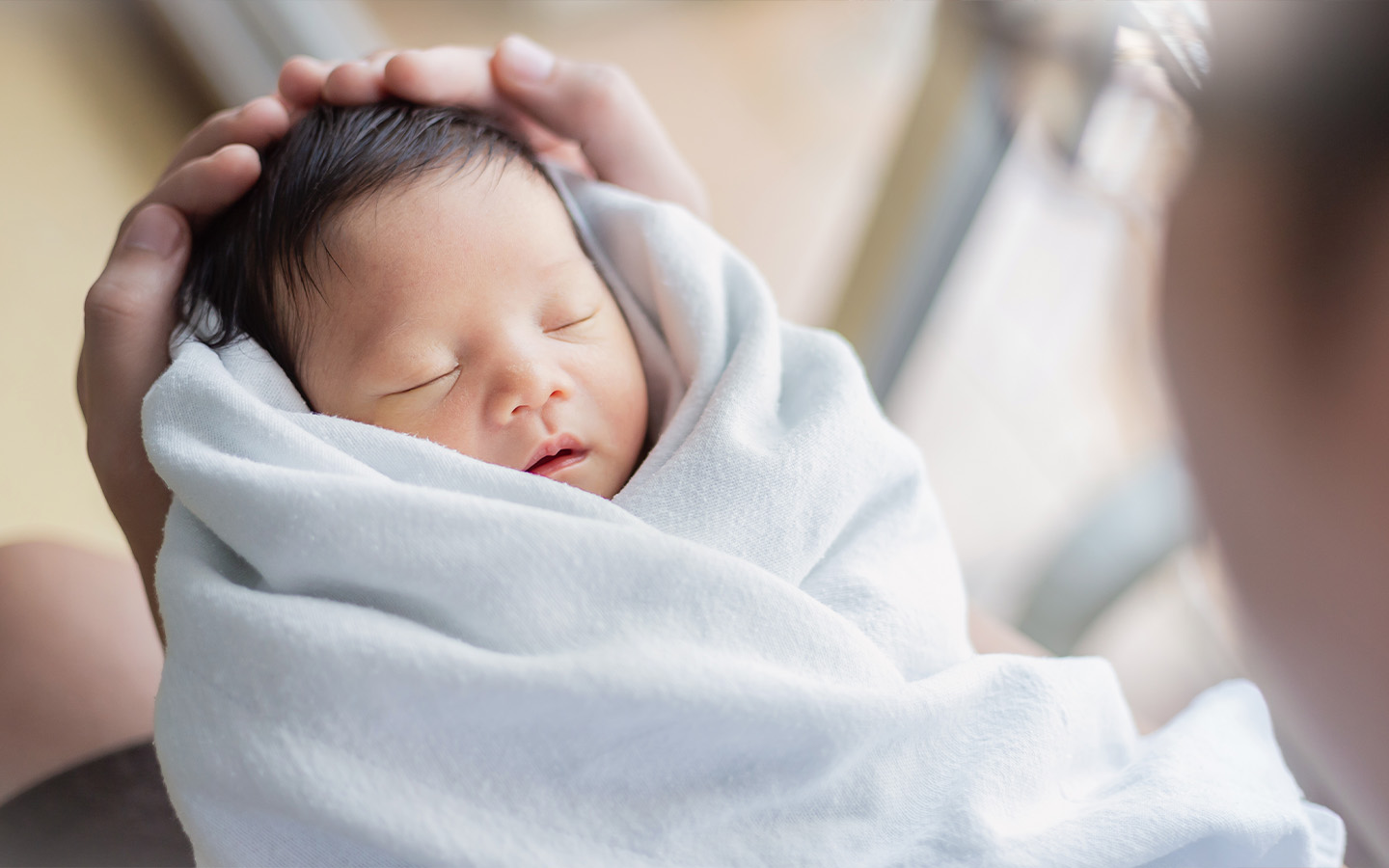The SAR has been highlighted in the World Population Prospects 2024 report by the UN as one of 48 countries or regions that is expected to see its population peak before 2054 – or in 30 years’ time.
Of the group, Macao had the lowest level of fertility last year – at just 0.68 births per woman, significantly less than the replacement rate of 2.1 births per woman. This put Macao at the “ultra-low level” along with 16 other countries or regions. Singapore had the second lowest level, at 0.95 births per woman.
The report gave Macao zero percent chance of returning to the replacement level by 2054.
[See more: ‘Snake babies’ will be few and far between, says Health Bureau]
The ultra-low fertility rate is categorised as “fewer than 1.4 live births per woman over a lifetime.” At the moment, almost a fifth of all countries and regions fall into this category, including China, Italy, South Korea and Spain. Globally, the world’s fertility rate stands at 2.25 live births per woman, down from 3.31 in 1990.
According to the report, the world’s population should keep growing over the next 50 or 60 years, reaching a peak of around 10.3 billion people in the mid-2080s – up from 8.2 billion in 2024.
“This represents a major change compared to projections produced by the United Nations a decade ago, when the estimated probability that global population growth would end during the 21st century was around 30 per cent,” it stated.
[See more: The Health Bureau is ‘actively’ preparing for a surge in elderly residents]
“The earlier occurrence of a peak in the projected size of the global population is due to several factors including lower than-expected levels of fertility in recent years in some of the world’s largest countries, particularly China.”
Macao’s government is well aware of the city’s problematic birth rate, which Chief Executive Sam Hou Fai has described as one of its biggest long-term challenges. During his election campaign last year, he said that “parents need to communicate with young people to instil in them the need to marry and have children.”
There are currently several government initiatives underway to boost the rate. A new medical-assisted reproduction subsidy programme was launched on 1 December, while the Social Welfare Bureau has been publishing controversial videos promulgating the message that “bearing and raising children adds to one’s happiness.” A labour law concerning maternity leave is also in for an update.






